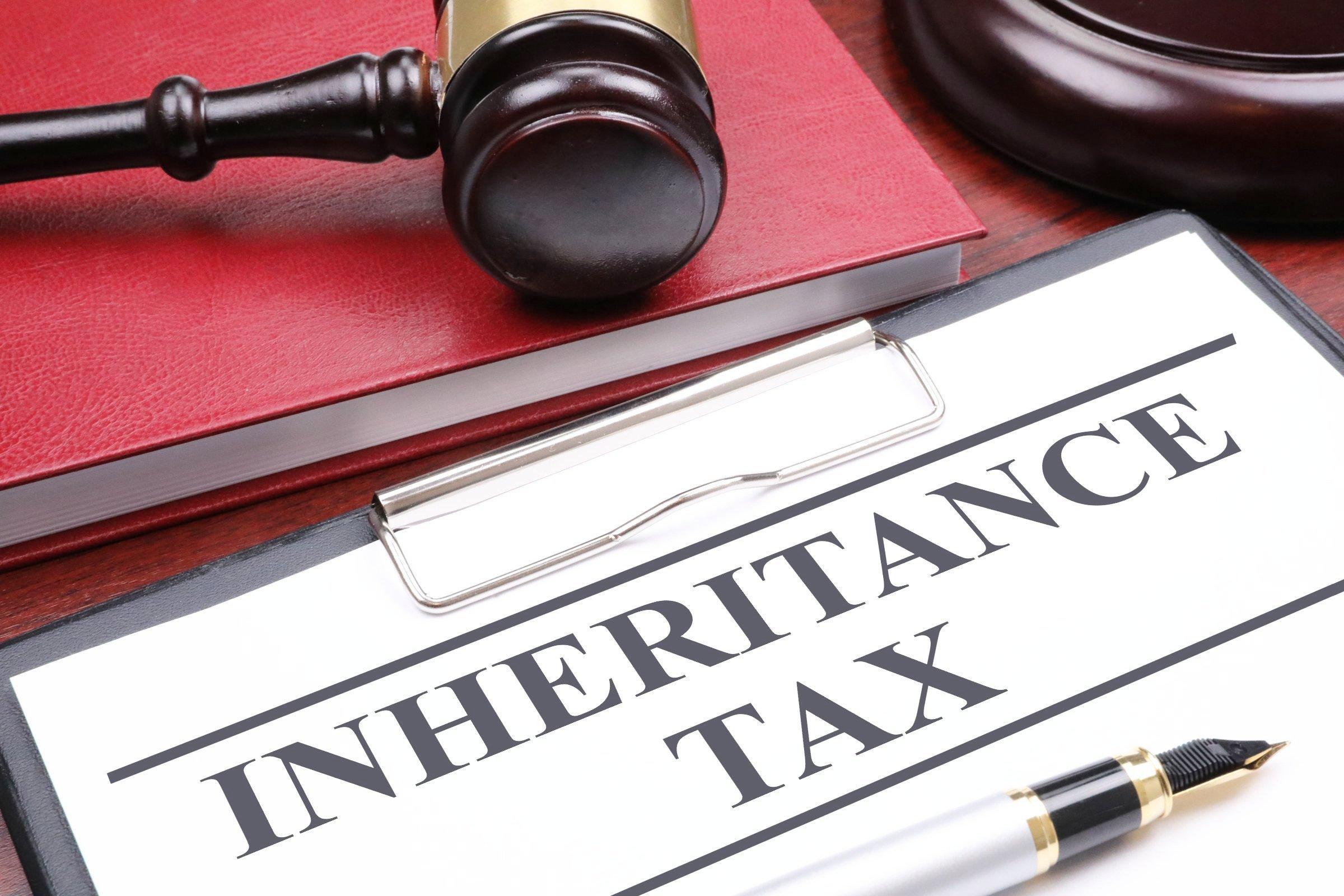Understanding and Minimizing Inheritance Tax Liability on Your House
Estate planning is a complex process that involves safeguarding wealth and assets for future generations. Many residents are concerned about how to protect their hard-earned assets from inheritance tax. The family home holds a significant place in the hearts and finances of most families, making it crucial to explore various strategic solutions and legal options to minimize inheritance tax liability.
Welcome to Morgan Legal Group, a trusted partner in estate planning and trust management in the heart of New York City. In this article, we will delve into the world of inheritance tax and estate planning to provide you with expert guidance and advice to safeguard your beloved home for future generations.
Strategies to Minimize Inheritance Tax Liability when Passing Down Your Home
To reduce inheritance tax liability, it is crucial to implement effective strategies that can minimize the burden on your beneficiaries. One option is to gift your home to your loved ones during your lifetime. By utilizing the annual gift tax exclusion, you can gift a certain amount each year without incurring gift tax, gradually transferring ownership of your home to your heirs while minimizing tax implications.
Another strategy is to set up a trust to hold your home. By placing your home in a trust, you retain control over the property during your lifetime while ensuring a seamless transfer to your beneficiaries upon your passing. Trusts also provide protection from creditors and lawsuits, preserving your home for generations to come. Additionally, utilizing a Qualified Personal Residence Trust (QPRT) can help reduce the taxable value of your home, further minimizing inheritance tax liability.
Utilizing Trusts to Protect Your Home from Hefty Inheritance Taxes
When it comes to safeguarding your most valuable asset, your home, from inheritance taxes, trusts can be a strategic and effective solution. Trusts provide a legal framework to transfer ownership of your property, including your home, to a trustee who will manage it on behalf of your beneficiaries. By setting up a trust, you can protect your home from hefty inheritance taxes and ensure it is passed down according to your wishes.
One of the key benefits of using trusts to shield your home from inheritance taxes is the ability to take advantage of favorable tax treatment. By properly structuring your trust, you can minimize tax liability and maximize the inheritance your loved ones receive. Trusts also offer privacy and flexibility in managing your assets, allowing for control over your home’s management and distribution even after your passing.
Understanding Tax Exemptions and Deductions for Home Inheritance
Having a comprehensive understanding of tax exemptions and deductions is crucial in reducing hefty inheritance tax on your home. One way to avoid inheritance tax on your house is by taking advantage of the spousal exemption, which allows a surviving spouse to inherit the home without paying tax. Additionally, utilizing the lifetime exemption, which allows tax-free transfer of a certain amount of assets during your lifetime, can minimize tax liability on your home inheritance.
Expert Legal Guidance in Estate Planning to Safeguard Your Home Wealth
When it comes to safeguarding your home wealth through estate planning, seeking expert legal guidance is essential. Morgan Legal Group’s experienced team specializes in estate planning and can help you navigate the complex legal landscape to protect your home for future generations. We offer personalized advice and tailored solutions to minimize inheritance tax on your home.
Q&A
Q: What is an inheritance tax?
A: Inheritance tax is a tax levied on the estate of a deceased person, based on the value of assets passed on to heirs.
Q: How can I avoid inheritance tax on my house?
A: Some strategies to reduce inheritance tax on your house include setting up a trust, making gifts, and utilizing tax exemptions.
Q: Are there any exemptions for inheritance tax on a house?
A: Yes, exemptions such as the spousal exemption and primary residence
 How to Avoid Inheritance Tax on Your House: A Comprehensive Guide
How to Avoid Inheritance Tax on Your House: A Comprehensive Guide
When it comes to planning for the future, many people want to leave a legacy for their loved ones. And for most, this often includes their family home. However, without proper planning, the inheritance of a house can come with a hefty tax bill, decreasing the value that is passed down to the next generation. But fear not, as there are ways to avoid or reduce inheritance tax on your house and leave a lasting legacy for your family. In this comprehensive guide, we will explore what inheritance tax is, how it applies to your house, the current tax laws, and practical tips to help you avoid or minimize inheritance tax on your property.
Understanding Inheritance Tax
Inheritance tax, also commonly known as estate tax or death tax, is a tax imposed by the government on transferring assets from one person to another after death. The tax amount is calculated on the total value of the estate, including assets such as property, cash, investments, and personal belongings.
In the United States, inheritance tax is a federal tax, meaning it is imposed nationwide and the government determines its rate and threshold. However, each state also has its own set of laws and regulations regarding inheritance tax, so it is crucial to understand your state’s specific policies.
Currently, the federal inheritance tax rate varies from 18-40%, with a threshold of $11.7 million for individual estates and $23.4 million for married couples. This means that if your estate’s total value exceeds these amounts, your beneficiaries will be subject to paying the tax on the excess amount.
Inheritance Tax on Your House
One of the most significant assets that people often leave behind for their loved ones is their house. However, this also means that it can contribute significantly to the total value of their estate and potentially increase their beneficiaries’ tax burden.
The value of your house for inheritance tax purposes is the market value at the time of death. This can be determined through a professional appraisal, tax assessment, or Comparative Market Analysis (CMA) provided by real estate agents.
One way to reduce the value of your house for inheritance tax purposes is through making gifts and donations to your loved ones during your lifetime. By gifting a portion of your house’s value to your heirs, you reduce the overall value of your estate, thereby lowering the potential inheritance tax bill.
Another option is to place your house in a trust. By doing so, you no longer officially own the property, and it is not included in the calculation of your estate’s total value. The trust can also provide additional benefits such as asset protection and control over how and when the property is distributed to your beneficiaries.
Practical Tips to Avoid Inheritance Tax on Your Property
1. Plan Ahead
The key to avoiding or minimizing inheritance tax on your house is to plan ahead. It is essential to understand your state’s specific inheritance tax laws and consult with a financial advisor or estate planning attorney to determine the best course of action for your situation.
2. Take Advantage of Annual Gift Limits
Each year, you can gift up to $15,000 (as per 2021 tax laws) to each individual without incurring any gift tax. By gifting a portion of your house’s value annually, you can gradually reduce its value for inheritance tax purposes while also providing financial support to your loved ones during your lifetime.
3. Consider a Qualified Personal Residence Trust (QPRT)
A QPRT is a trust specifically designed for the transfer of your primary residence to your heirs. This trust allows you to remain in your home for a predetermined amount of time, after which it is transferred to your beneficiaries, significantly reducing its value for inheritance tax purposes.
4. Utilize Life Insurance
Life insurance policies can provide tax-free cash to your beneficiaries upon your passing, thereby reducing or eliminating the need for them to pay inheritance tax on your house’s value.
5. Maximize Exemptions
In some states, there may be different exemptions and exclusions that can lower the value of your estate for inheritance tax purposes. Some of these exemptions may include marital exemptions or charitable donations.
First-Hand Experience: Meet Sarah
Sarah was a single mother who wanted to leave her house to her two children after her passing. However, she was concerned about the potential inheritance tax they would have to pay on the property’s value. After consulting with a financial advisor, Sarah transferred the deed to her house to a QPRT. This move significantly reduced the value of her estate for inheritance tax purposes, and her children were able to inherit the house without incurring any tax liability.
Conclusion
In summary, with proper planning and utilizing various strategies, avoiding or minimizing inheritance tax on your house and leaving a lasting legacy for your loved ones is possible. Remember to consult with professionals, stay informed on current tax laws, and take advantage of various exemptions and exclusions in your state. By following these tips and implementing the techniques mentioned in this article, you can ensure that your hard-earned assets are passed down to your family without any unnecessary tax burden.

